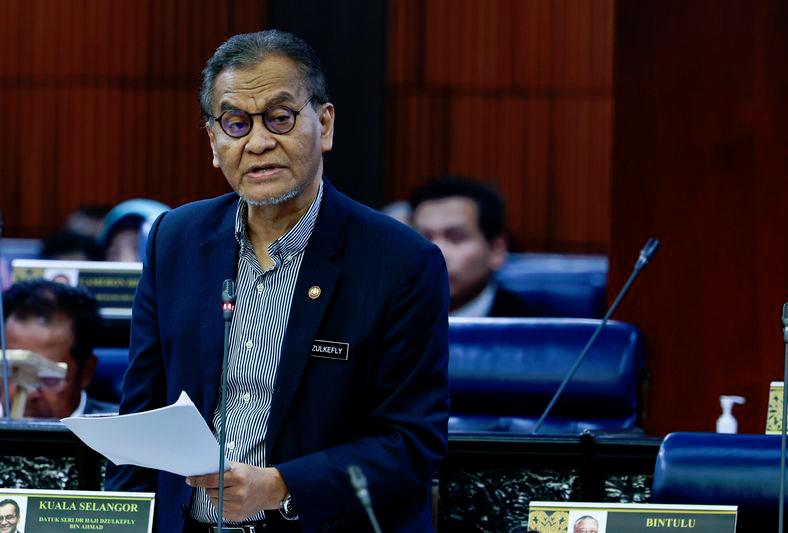KUALA LUMPUR: Malaysia will witness a projected 87,000 deaths from 2020 to 2030 if there is no intervention to combat Antimicrobial Resistance (AMR), said Health Minister Datuk Seri Dr Dzulkefly Ahmad.
He said the figure is equivalent to 0.26 per cent of the country’s estimated population of 33 million, based on a World Health Organization (WHO) report through a study conducted by the Western Pacific Regional Office (WPRO).
“Malaysia along with several other countries such as Vietnam and the Philippines also have their own projection data. For example, Vietnam with a population of 98.86 million is projected to record 296,581 deaths from AMR during the same period.
“These numbers are the results of projected simulations, not real numbers, but they give a clear impression that without more serious and comprehensive intervention measures, this threat can become a reality,“ he said at a press conference here today.
The Ministry of Health (MOH) in collaboration with the Ministry of Agriculture and Food Security (KPKM) and the World Health Organization (WHO) and various other strategic partners today launched the celebration of World Antimicrobial Awareness Week (WAAW) 2024.
According to Dzulkefly, in addition to the loss of life, this antimicrobial resistance also has a big impact on the economy.
“The Western Pacific region is expected to bear an economic loss of US$148 billion due to the disease burden and economic costs associated with antimicrobial resistance,“ he said.
Accordingly, he stressed the need to raise awareness and implement more comprehensive initiatives to combat AMR for the sake of the people’s well-being and the country’s economic stability.
Dzulkefly also said Malaysia has taken proactive steps through the Malaysian Action Plan on Antimicrobial Resistance 2022-2026.
It focuses on raising awareness and education, strengthening surveillance and research activities, improving infection prevention and control, and promoting the responsible use of antimicrobials through multi-sector collaboration under the ‘One Health’ approach.
Themed “Educate. Advocate. Act Now.”, this year’s celebration emphasised the importance of education, advocacy, and immediate action in the fight against AMR.
This celebration aims to increase the awareness of health professionals and the general public regarding the serious threat of AMR.
The World Health Organization (WHO) has declared AMR as one of the ten major threats to global health.
It has a serious impact on human, animal, and environmental health, as well as affecting the achievement of Universal Health Coverage (UHC) and the Sustainable Development Goals (SDG) 2030.
If left untreated, AMR could cause 5.2 million additional deaths and a cost burden of about US$148 billion in the Western Pacific Region by 2030. Between 2025 and 2050, resistant bacteria are estimated to cause 39 million deaths, which is about three deaths every minute.









